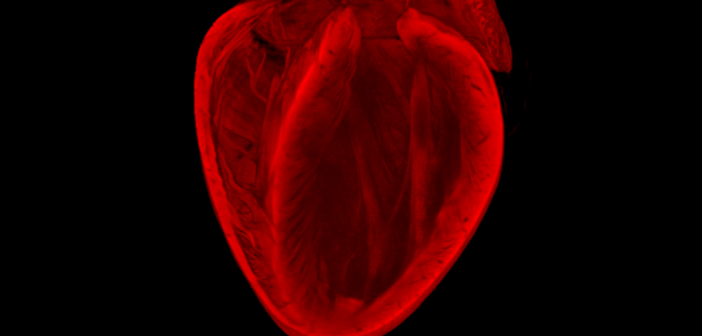The credibility of the extremely popular blood pressure-reading app, Instant Blood Pressure, has been seriously challenged by leading medical scientists, who have revealed that up to three quarters of the time the app’s readings were wrong.
The Instant Blood Pressure app has been downloaded over 100,000 times. The mobile phone programme makers claimed that the body’s blood pressure could be read simply by placing the phone on a person’s chest, and covering the camera lens with a finger.
Scientists at Johns Hopkins University, in Baltimore, Maryland in the United States, concluded that the app gave incorrect readings 77% of the time. Individuals with hypertension (high blood pressure) were told that they were within the healthy, normal range, potentially placin users at severe risk.
“Inaccurate measurements for high or low readings are concerning, however. Hypertension is known as the silent killer as it has an asymptomatic course that leads to serious conditions like heart disease, kidney disease, and stroke,” said Dr Timothy Plante, lead author of the study.
The scientists challenged the claims of Instant Blood Pressure against reliable measures for blood pressure. 85 individuals were tested using the traditional blood pressure cuff, and then again with the app. It was found that the app consistently underestimated high blood pressure, and overestimated low blood pressure.
The app cost $4.99 and was downloaded an average of 950 times a day from its launch in June 2014, before it was removed from app stores in July 2015. The company which created the app, AuraLife, predictably denounced the scientific study, claiming several issues “render it invalid.”
The company also sought to cover their tracks, claiming that the app was never meant to be used in a medical fashion. “Instant Blood Pressure is intended for recreational use only. It is not a replacement or substitute for a cuff or other blood pressure monitor,” said the company in a statement on their website.
Though the claims of the Instant Blood Pressure app seemed to be proven false, scientists remain optimistic that one day such an app could accurately measure blood pressure.
‘”We think there is definitely a role for smartphone technology in health care, but because of the significant risk of harm to users who get inaccurate information, the results of our study speak to the need for scientific validation and regulation of these apps before they reach consumers,” continued Dr Plante.






2 Comments
I have read a few excellent stuff here. Certainly value
bookmarking for revisiting. I wonder how
so much attempt you put to create such a great informative web site.
Thank you – we try hard.